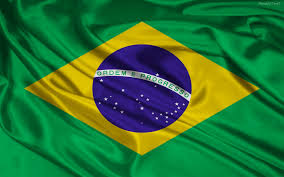Resource information
São Paulo, Brazil, is a densely populated, globally connected urban center whose rapid growth has been associated with an increasing number of land-use conflicts. In this paper, I use interviews and ethnographic observations to examine the legal processes through which these conflicts are resolved. While mainstream analysts conceive of the law as a technology, public litigation organizations as cohesive bureaucracies, and the state apparatus as separate from society, I find that the law acquires a specific meaning only when enforced by those officials who operate at the front lines of public service. Crucially, their professional behavior is not formulaic. This is so because law-enforcement organizations are not bureaucracies but rather heterarchies with distinctive network properties. Moreover, the borders between the state and society are so porous that, at times, it is difficult to determine where one ends and the other begins, and this web of mutual connections influences official's behavior.


